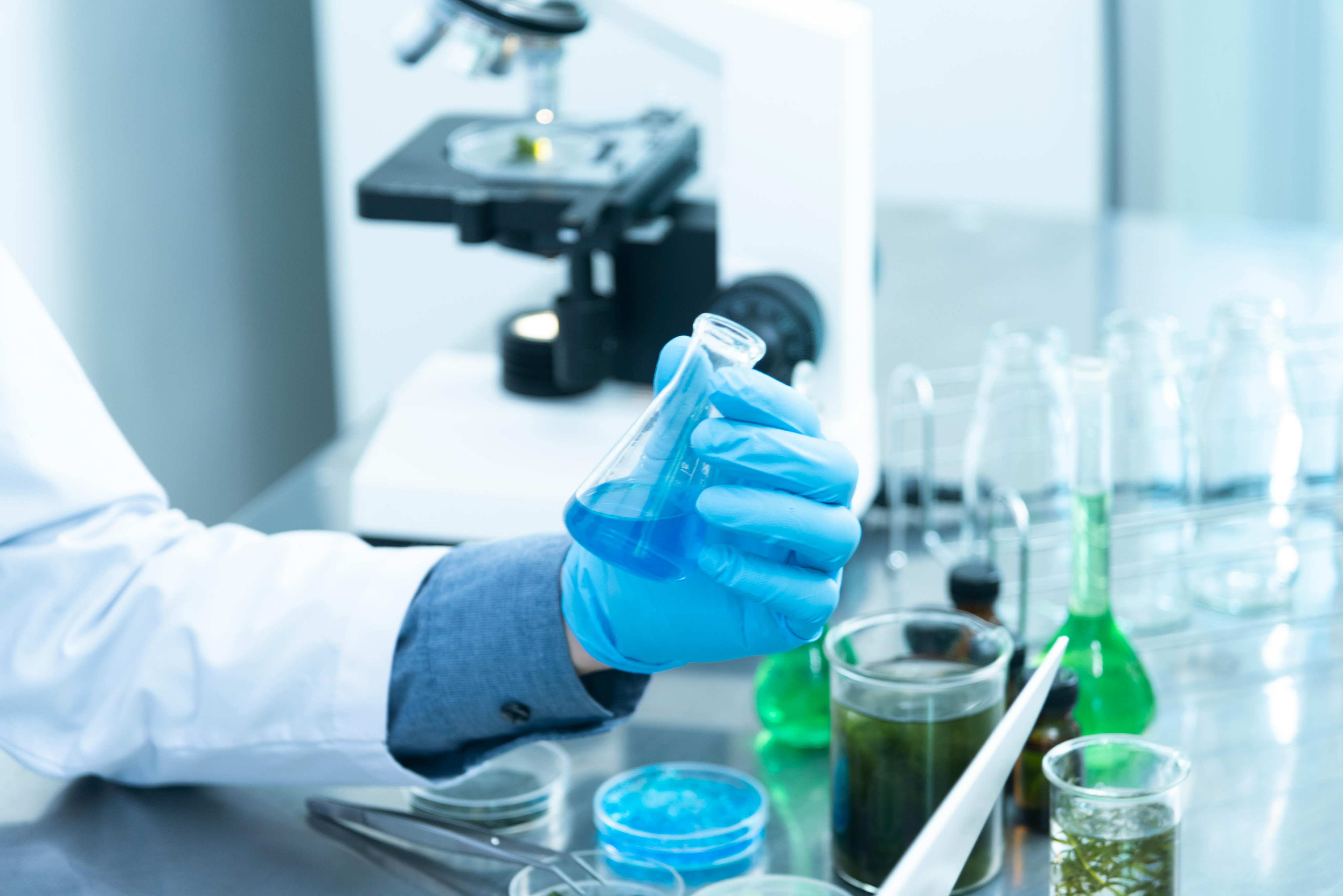
|KL38| Covid 19 infekcijos komplikacijų įvertinimo maksimali programa
 Galite perleisti ar padovanoti kaip dovaną.
Galite perleisti ar padovanoti kaip dovaną.
 Internetiniai užsakymai galioja net 3 mėn. nuo įsigijimo datos.
Internetiniai užsakymai galioja net 3 mėn. nuo įsigijimo datos.
Internetinių užsakymų galiojimo laikas: 3 mėn. nuo įsigijimo datos.
Tyrimų palyginimas
| Hematologiniai ir klinikiniai tyrimai | Minimalus | Pagrindinis | Maksimalus |
| BKT | Bendras kraujo tyrimas |
| Kraujo krešėjimo tyrimai | Minimalus | Pagrindinis | Maksimalus |
| PT / INR | Kraujo krešėjimo rodiklių nustatymas | |||
| ADTL / APTT | Aktyvuotas dalinis tromboplastinis laikas | |||
| D-Dimerų nustatymas |
| Kepenų fermentų tyrimai | Minimalus | Pagrindinis | Maksimalus |
| AST/ASAT | Asparagininė aminotransferazė | |||
| ALT / ALAT | Alanininė aminotransferazė | |||
| BIL-T | Bendras bilirubinas | |||
| BIL-D | Tiesioginis bilirubinas | |||
| Netiesioginis bilirubinas |
| Inkstų funkcijos rodiklių tyrimai | Minimalus | Pagrindinis | Maksimalus |
| Urea | Šlapalas | |||
| CREA | Kreatininas | |||
| TP | Bendras baltymas | |||
| ALB | Albuminas |
| Gliukozės tyrimai | Minimalus | Pagrindinis | Maksimalus |
| HbA1c | Glikozilintas hemoglobinas |
| Mikroelementų tyrimai | Minimalus | Pagrindinis | Maksimalus |
| K | Kalis | |||
| Na | Natris | |||
| Ca | Kalcis | |||
| FERRI | Feritinas | |||
| Mg | Magnis | |||
| Zn | Cinkas (mikroelementas) |
| Širdies ir kraujagyslių tyrimai | Minimalus | Pagrindinis | Maksimalus |
| Lipidograma | |||
| NT-proBNP | N-terminalinis pro-B natriuretinis peptidas | |||
| APO A1 | Apolipoproteinas A1 | |||
| APO B | Apolipoproteinas B | |||
| ST2 biožymuo |
| Kasos funkcijos tyrimai | Minimalus | Pagrindinis | Maksimalus |
| P-AMYL | Pankreatinė amilazė | |||
| LIP | Lipazė |
| Uždegiminio rodiklio tyrimai | Minimalus | Pagrindinis | Maksimalus |
| CRB | C reaktyvus baltymas | |||
| Didelio jautrumo CRB |
| Virusologiniai tyrimai | Minimalus | Pagrindinis | Maksimalus |
| SARS-CoV-2 anti-RBD kiekybinis IgG antikūnų prieš spyglio baltymo RBD domeną nustatymas |
| Imunofermentiniai tyrimai | Minimalus | Pagrindinis | Maksimalus |
| Troponino T (TnT) nustatymas | |||
| Folio rūgštis |
| Vitaminų tyrimai | Minimalus | Pagrindinis | Maksimalus |
| Vitaminas B12 | |||
| Vitaminas D | |||
Aprašymas
Covid-19 komplikacijų ištyrimo kraujo ištyrimo programos yra sukurtos siekiant įvertinti paciento sveikatos būklę ir identifikuoti galimas komplikacijas po Covid-19 infekcijos. Šie išsamūs tyrimai padeda nustatyti uždegiminius procesus, organų funkcijas ir galimus ilgalaikius sveikatos sutrikimus, susijusius su virusu.

Kam verta ir naudinga atlikti šiuos tyrimus?
Šie tyrimai yra naudingi:
- Asmenims, kurie persirgo Covid-19 infekcija ir nori įvertinti galimas ilgalaikes ar trumpalaikes sveikatos pasekmes.
- Pacientams, patiriantiems ilgalaikio Covid (tai vadinamo „long Covid“) simptomus, pvz., nuolatinį nuovargį, kvėpavimo sunkumus ar širdies ritmo sutrikimus.
- Asmenims, kuriems reikia stebėti savo sveikatos atsigavimą po sunkios ar vidutinio sunkumo Covid-19 eigos.
- Gydytojams, siekiantiems pritaikyti ar koreguoti gydymo planus, atsižvelgiant į paciento būklės pokyčius.

Kada rekomenduojama atlikti šiuos tyrimus?
Rekomenduojama atlikti tyrimus:
- Po Covid-19 infekcijos, ypač jei pacientas patyrė sunkią ligos formą arba turi rizikos veiksnių dėl kitų susijusių sveikatos problemų.
- Esant ilgalaikio Covid simptomams, kurie nepraeina ir trukdo kasdieninėje veikloje.
- Reguliariai, jei pacientas yra rizikos grupėje dėl savo anamnezėje esančių lėtinių ligų.
- Prieš pradedant ar keičiant gydymo metodiką, siekiant įvertinti gydymo poveikį ir būklės pokyčius.

Ką pacientas gali sužinoti atlikęs šiuos tyrimus?
Atlikus šiuos tyrimus, pacientas gali sužinoti:
- Bendrą kraujo ir organų funkcijų būklę: pavyzdžiui, kepenų (ALT, AST), inkstų (urea, kreatininas) ir širdies (troponinai, NT-proBNP) funkcijas.
- Uždegiminius procesus organizme, nustatant C-reaktyvų baltymą, prokalcitoniną ir D-dimerus, kurie gali rodyti aktyvius uždegimus ar krešėjimo sutrikimus.
- Metabolinę ir mitybos būklę, įvertinant elektrolitus (K, Na), mikroelementus (Zn, Mg) ir vitaminus (B12, D, folio rūgštis), kurie yra svarbūs bendrai organizmo funkcijai ir imuninei sistemai.
- Kraujo krešėjimo rodiklius, nustatant PT/INR ir APTT, svarbu norint išvengti trombozės rizikos.
- Imuninės sistemos reakciją į SARS-CoV-2, nustatant specifinius antikūnus, kurie gali atspindėti imuniteto buvimą ar jos trūkumą.
Šie tyrimai padeda pacientams ir jų gydytojams priimti informuotus sprendimus dėl sveikatos priežiūros ir gydymo, taip pat stebėti sveikatos atsigavimo procesą po Covid-19.

